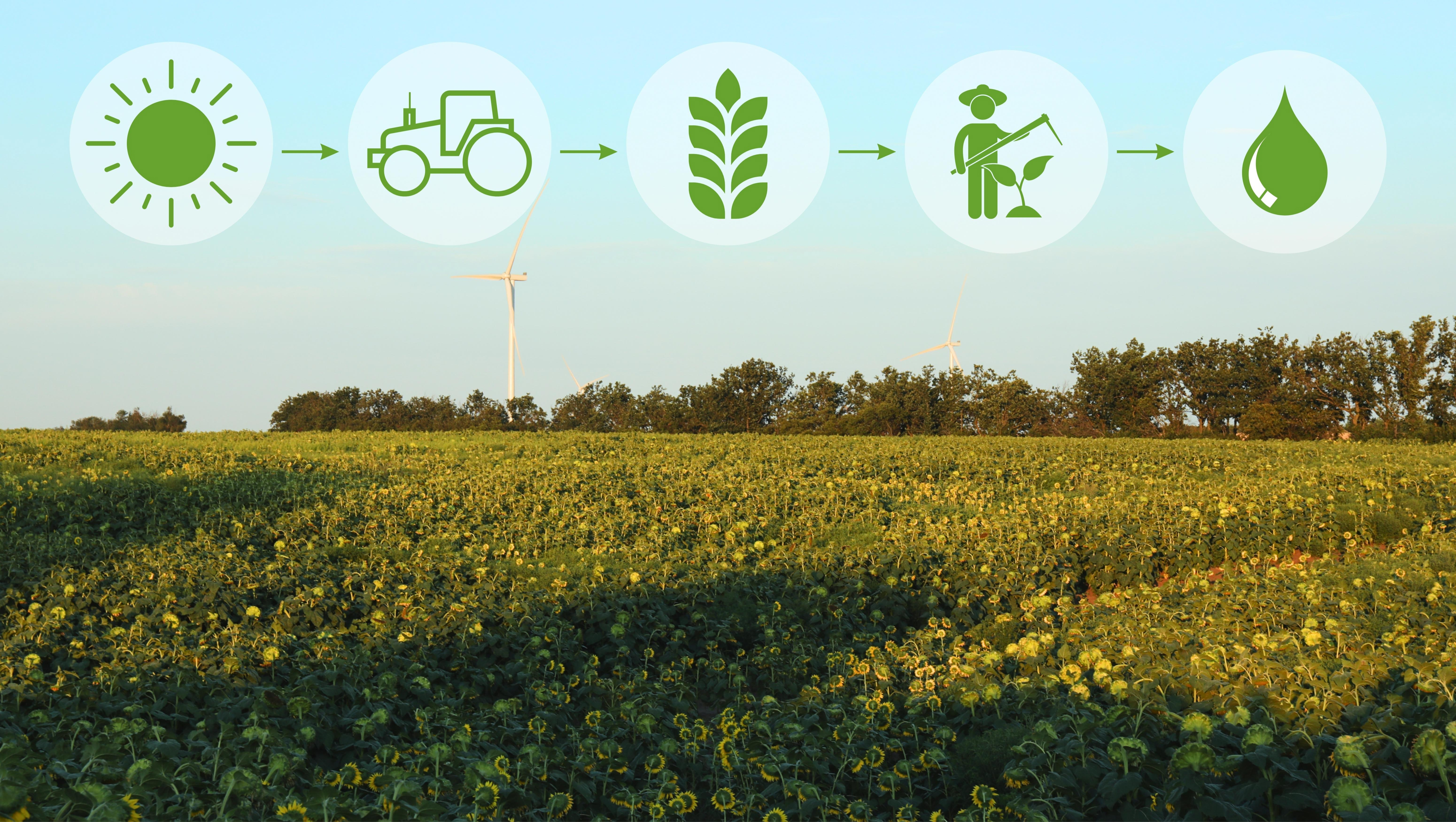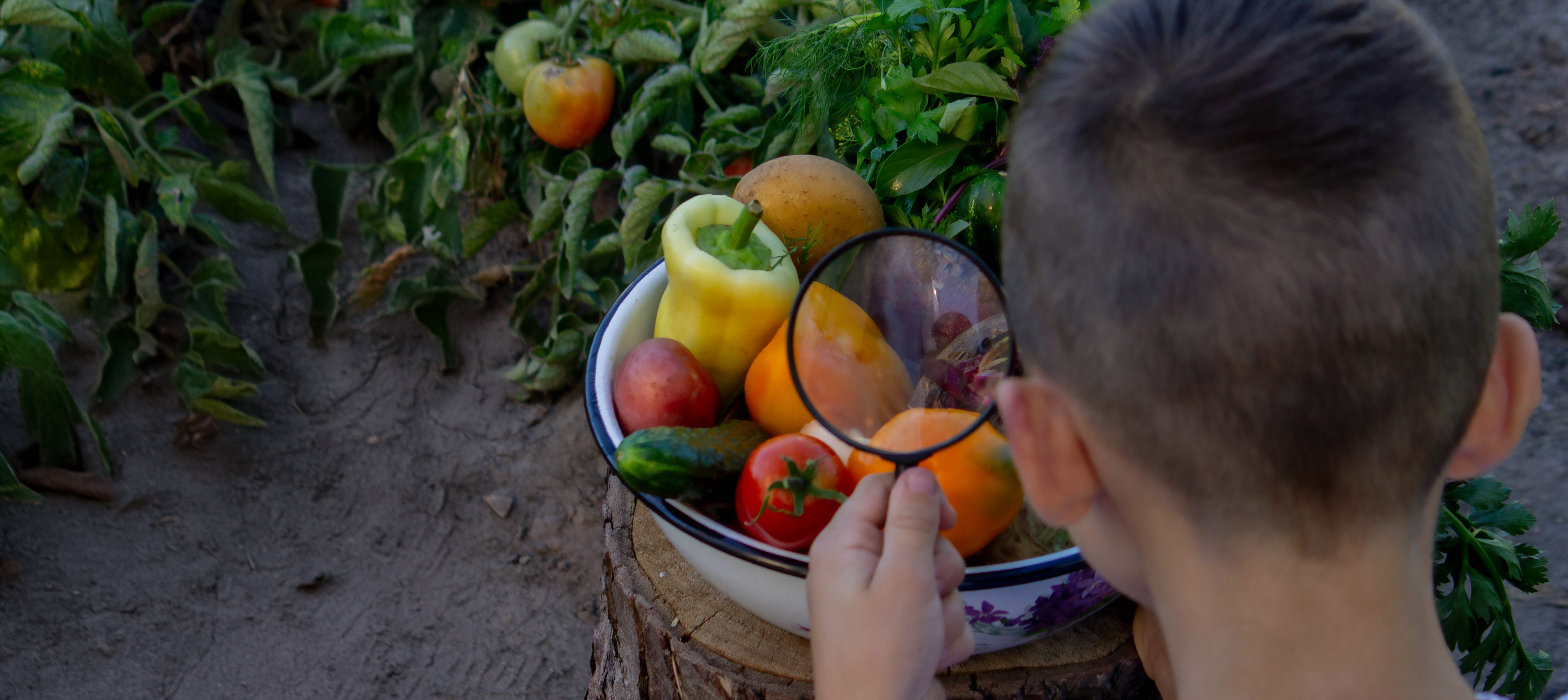From Farm to Fork: The Impact of Sustainable Agriculture Practices on Global Food Security

With projections that the world population will reach nearly 10 billion by 2050, the issue of food security has never been more crucial. However, in this struggle there appear to be sustainable solutions. These practices are not only likely to address the nutritional requirements for the growing population, but also protect the earth for future generations. In this post, we will examine the sustainable agriculture model and how it works towards achieving food security, while also exploring the whole food system, from production to consumption.
Introduction to Sustainable Solutions. Let’s start with the term itself. The primary goal of sustainable agriculture is to generate food in a manner which is not only effective but also environmentally and socially acceptable. Health of the land and the ecosystems in which it exists is at the premise of this practice. Sustainable agriculture seeks to develop clean and healthy food products, while also mass producing food through practices which cause as little damage to nature as possible, by means of crop rotation, agroforestry, organic farming, etc.
Promoting food security is one of the key advantages of fostering a more sustainable form of agriculture. It is evident that crop diversity and efficient resource use lead to increasing agricultural productivity. For example, crop rotation not only aims at restoring soil nutrients but also confirms reducing pest and plant disease. As a result, farmers are capable of raising the output of foodstuffs per given land area which is beneficial as land with the capacity for cultivation is becoming less available due to urban expansion and global warming.
Furthermore, it is worth noting that many sustainable agricultural practices also focus on food sovereignty, which can greatly improve food security. Addressing the issues of food security through a local perspective enables communities to become self-reliant without large scale industrial farming and long distance supply chains. Local farms can raise ‘bounty’ for their neighborhoods, thereby people gain access to healthy food irrespective of the market situation. This local approach also benefits small farmers who are crucial in the effort to ensure food security across the globe.
On the upside, sustainable agriculture also focuses on environmental conservation. Integrated pest management and organic farming are practices that help reduce synthetic fertilizers and pesticides. These applied agricultural chemicals have negative impacts on the environment. Moreover, enhancing biodiversity and developing ecological systems is useful in mitigating the adverse impacts of climate change, which is a serious threat to food security. The manner in which food is grown determines its intensity; there is a need to conserve the healthy soils, clean water, and biodiversity-rich ecosystems that are necessary for sustainable food systems, and so creating sustainable measures is beneficial too.
Moreover, sustainable agriculture can potentially enhance the nutritional content of our food. The promotion of diverse cropping systems and organic farming enables farmers to grow more nutrient-dense fruits, vegetables, and grains. Such diversity is important in combating malnutrition as it ensures that people are able to access a variety of food to maintain a healthy diet. In the endeavor to achieve food security across the world, it is important to focus on quality of food produced rather than the quantity alone.
As we look at the interaction between sustainable agriculture and food availability it is necessary to acknowledge science and innovation. Today’s agriculture is frequently integrated with new technologies like precision farming and biotechnology in more sustainable practices. They provide ways to increase efficiency, cut waste, and improve overall production without compromising sustainability. For instance, with precision agriculture, farmers are able to use water, fertilizers and pesticides in much lower volumes and concentrations leading to much lesser damage to the environment and higher productivity per unit area.
Unfortunately, the shift to sustainable agriculture does not come easily. Economies of farmers, limited resource support, and even some prevailing returned practices of the community remains a challenge. Hence governments, non governmental and private agencies need to work together and provide such required assistance whether it is in the form of funds, training or appropriate sustainable technologies. This way by promoting sustainable agriculture we will ensure the food security of all people in the world.
Wrapping it up, the process of sourcing food may look simple but is highly intricate and agri-food sustainability is key in addressing the world food challenge. There are methods of farming that help in improving productivity, conserving resources, and enhancing the nutritional value of food which should be employed so as to create a food system that can withstand challenges and sustain the increasing mass of people. However, as end users, we also have low responsibilities. By promoting farmers and purchasing sustainably produced goods, we can play our part in improving food security as well as sustainability. We can all work together to change this situation and ensure that no one goes without the food necessary for a healthy existence.
